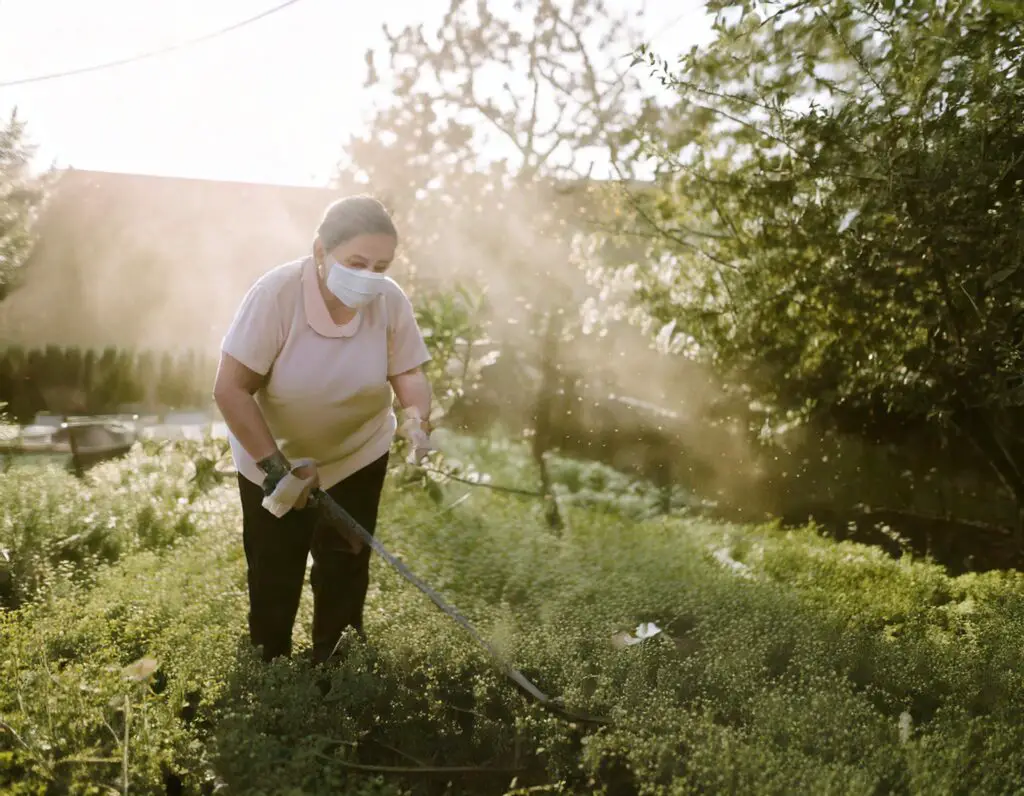New research from the University of Michigan links high pollen levels to increased mortality among seniors with respiratory conditions.
Michigan Pollen Crisis: New Study Links High Pollen to Increased Death Risk

A new study from the U of M warns that rising pollen levels in Michigan, fueled by climate change, are significantly increasing mortality rates among older adults with breathing problems. Researchers found that exposure to pollen from deciduous trees and ragweed heightened the risk of death from respiratory complications, with effects lingering for up to two weeks after exposure.
U-M Researchers Find Strong Link Between Pollen and Death Rates
Published in BMC Public Health, the study analyzed Michigan death records from 2006 to 2017 and compared them to estimated pollen levels. The results confirmed a direct correlation between increased exposure to specific pollen types and higher death rates among individuals with chronic respiratory conditions.
According to Peter Larson, lead author and research investigator at U-M’s School of Public Health, worsening pollen seasons could spell disaster for vulnerable populations.
“As pollen levels continue to rise and seasons get longer, more people may face serious health risks, especially older adults with existing breathing problems,” Larson said.
Which Pollen Types Are Most Dangerous?
The study focused on four major pollen types: deciduous tree pollen, evergreen tree pollen, grass pollen, and ragweed pollen. Among these, deciduous tree and ragweed pollen were found to pose the greatest risk to individuals suffering from chronic lung diseases such as asthma and COPD.
Using advanced computer models, researchers estimated daily pollen levels across Michigan and examined their effects on respiratory mortality. The results revealed that pollen exposure can impact health for up to two weeks, making it critical to monitor air quality during high pollen seasons.
Michigan’s Climate Change Problem: Longer and Stronger Pollen Seasons
Experts link the increase in pollen severity to climate change, which is extending pollen seasons and intensifying allergen levels. Warmer temperatures and changing weather patterns contribute to a prolonged presence of airborne allergens, affecting millions of residents each year.
Co-author Marie O’Neill from U-M’s School of Public Health emphasizes that understanding this evolving health risk is crucial for public policy and public health measures.
“With climate change exacerbating pollen seasons, it is essential that we better track pollen levels and educate at-risk populations on necessary precautions,” O’Neill said.
How Older Adults Can Protect Themselves from Pollen Exposure
Given the rising health risks, medical experts and public health officials recommend the following precautions:
- Monitor pollen forecasts: Websites and weather apps provide daily updates on pollen levels.
- Stay indoors during high pollen days: Limit outdoor exposure, especially during peak pollen times in the morning and late afternoon.
- Use air purifiers: High-efficiency particulate air (HEPA) filters can reduce indoor allergens.
- Wear protective gear: Face masks can help filter out airborne pollen particles.
- Consult a doctor: Seniors with chronic conditions should discuss allergy management with healthcare providers.
Policy Implications: The Need for Public Health Intervention
With the study highlighting the dire health effects of rising pollen levels, researchers are calling for increased public health awareness and intervention. Experts suggest that local governments and healthcare providers should take proactive measures, such as improved air quality monitoring, increased healthcare support for vulnerable individuals, and better urban planning to mitigate allergen exposure.
“This study should serve as a wake-up call,” said Carina Gronlund, a co-author from U-M’s School of Public Health. “We need to prepare now for worsening conditions in the coming years.”
Find More Interesting Feature Stories From ThumbWind
- Michigan Feature Stories – Unveiling the diverse and vibrant people, captivating places, and remarkable events that come together to make the Great Lake State unique and cherished by both residents and visitors alike.
- Weird Political News – A sarcastic take on official news from around the U.S., exploring the absurdities that often arise in the political landscape while providing a humorous perspective on current events and highlighting the quirks of politicians and policies.
- Michigan News – News and events from Michigan’s Upper Thumb region worth knowing, including local stories, impactful interviews, and updates on community happenings that shape the culture and lifestyle of the area.
Your Turn – Like This, or Loath it – We Want To Hear From You
Please offer an insightful and thoughtful comment. We review each response. Follow us to have other feature stories fill up your email box, or check us out on ThumbWind Publications.



